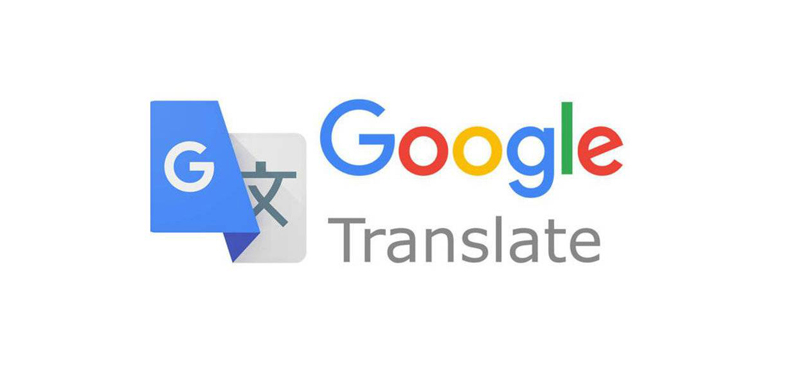As the corona virus continues to cause havoc in, and spread fear to almost every remote village in the world, there is increasing need to access accurate and timely information. Where human interpreters are overwhelmed or totally unavailable, people are encouraged to rely on machine translation in order to get updates about the disease in their preferred languages.
How to Verify the Authenticity of Covid19 News
One unfortunate thing that is growing as fast as the virus is spreading is fake news and inaccurate information. So, to keep informed, the public, regardless of the language they speak, is relying more on a variety of news source for information.
For that, information available on the internet is playing a crucial role in conveying news in all the major languages. And in that respect, Word for Word Translation especially by Google Translate is the chief supplier of all sorts of updates.
But Just How Reliable is Google Translate?
This is a critical question that must be upper most in everyone’s mind as they turn to the internet for updates. However, before you can decide whether or not to trust Google Translate, the more pressing issue to come to terms with is your absolute dependence on the internet to carry out most daily functions in the foreseeable future.
With many countries under lockdown, and the increasing limitations imposed on people’s movements, it is just a matter of time before reliance on Free Translation online activities becomes the norm!
Now, to settle your doubts about trusting translations by Google, here are things you should know.
Machine Translations Are Never Human Perfect
The fact that translations by AI is never perfect is not a new thing. Even Google itself has admitted that their accuracy goes only up to about 60 percent. The implication of this is a 40 percent margin of error.
But how does this seemingly huge error margin weigh against not getting any translation services when it is urgently needed? Barring the need to entirely learn a new language, this is the fastest means of getting any language translated.
But You Can Trust Google Up to a Point
It is consoling to note that for major language pairs, translations by machines have immensely improved in recent times. So, yes, you can trust Google, but only up to a point.
The reason for such a precaution is simply because in some languages, the same word can have different meanings depending on its syntactic use. In a situation like that, the great Google falls short of the human translators.
Google’s Poor Technical Terminology Handling
Admittedly, Google does not fair very well in instances where the text contains technical terminologies that apply only to specific contexts. Some medical or legal terms cannot be coherently rendered into a target language through translation software. Some terms are specifically provided by a client, and so only a human translator can effectively attach a corresponding meaning to it.
Other times, Google does not make a distinction between names, trademarks or industry jargon, technically making it incapable of producing a coherent text. Overall, a human translator is still your best shot.

